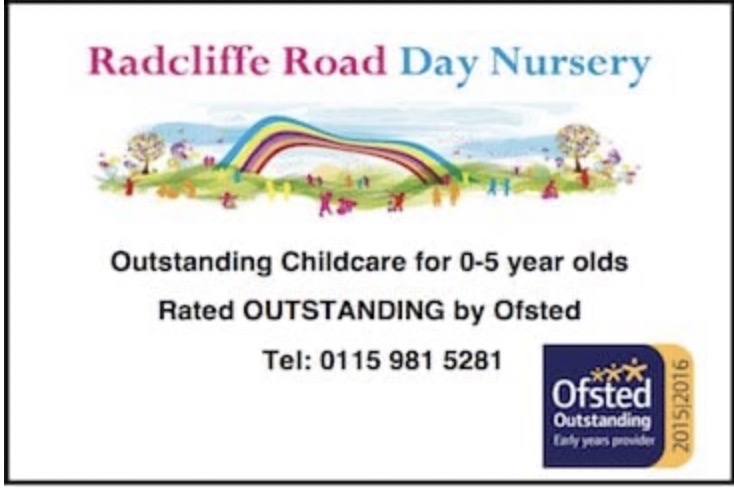Vets are warning pet owners to keep mince pies and Christmas puddings out of paw’s reach over the festive period as more than three quarters report treating dogs for toxic ingestion after eating sultanas or raisins.
Eating the odd mince pie or slice of Christmas pudding may only risk adding a few inches to your waistline, but for dogs and cats, sneaking a few mouthfuls could be deadly. The sweet treats, and other similar festive fayre, contain sultanas and raisins, which can make dogs and cats seriously ill if eaten – and can even be fatal in some cases.
New statistics from the British Veterinary Association’s Voice of the Veterinary Profession survey showed that 77.3% of vets saw cases of sultana or raisin-related toxic ingestion in dogs in the last 12 months, an increase from 69% in 2022.
More cases of dogs becoming ill from eating the dried fruit are reported than cats, but cheeky felines are not immune to the lure of a sweet treat, with 5.3% of vets reporting seeing cases of cats after they have eaten sultanas or raisins.
Sultanas and raisins are not the only festive risk for pets, with 58.1% of vets reporting seeing toxic ingestion in dogs and cats with other causes, including chocolate, which, alongside mince pies and Christmas pudding, can be particularly prominent in homes at Christmas. Other risks include onion, garlic, the sweetener xylitol and seasonal decorations like mistletoe and holly.
British Veterinary Association President Dr Rob Williams MRCVS said: “Christmas and the weeks leading up to it are always busy, so it can be really easy for tempting treats to be mistakenly left on the floor in shopping bags or under the tree where cheeky pets can reach them. The best way to avoid having to make an emergency dash to the vets is to keep all human food and decorations well away from your animals. But we know that sometimes, despite best efforts, accidents happen and pets manage to gobble down something they shouldn’t, so it’s handy to know your vet’s emergency procedure and holiday opening hours just in case.”
Tips to help you and your pets have a safe and happy holiday
Festive food
Many festive foods are toxic to pets so it’s important to keep them away from your animals and to let your guests know the dangers too. Common culprits include:
- Chocolate (which contains the toxic component theobromine), raisins, grapes, and currants, such as those found in Christmas puddings or mince pies, onions, garlic and leeks, which can be found in gravy and stuffing, are really toxic to dogs and cats.
- Fatty, rich foods can trigger sickness and diarrhoea or other conditions such as gastroenteritis and pancreatitis, so don’t be tempted to share your Christmas dinner.
- Alcohol is extremely harmful to pets’ liver and nervous systems.
Decorations and wrapping
- Tinsel, tape, bows and ribbons can cause blockages if ingested, which may require emergency surgery.
- Glass or plastic baubles, sharp-edged decorations and fairy lights can cause injuries if broken or chewed.
- Avoid edible – or potentially edible – decorations like chocolate ornaments.
- Candles should be kept away from curious paws and wagging tails to prevent burns or fires.
- Don’t keep wrapped food presents under the tree where pets can sniff them out
Christmas trees
- Using a sturdy base or anchor the tree to a wall to stop it toppling over
- Block off access to your pet if they show too much interest
Beware of Toxic Plants
- Eating poinsettias, holly and mistletoe can lead to vomiting, diarrhoea, and even heart issues.
- Lilies are extremely dangerous for cats all year round, even in tiny amounts.
- Opt for pet-safe alternatives like artificial plants or vet-approved greenery.
Create a Safe Space
- Providing a quiet room with their bed, toys, and water for them to retreat to can help reduce stress.
- Advise guests to give your pet space when they are resting.
- Stick to your pet’s usual routine, including their normal food, exercise and sleeping schedules
Cold weather hazards
- Antifreeze is extremely poisonous to cats. Clean up any spills immediately.
- Salt and grit should be washed off your pet’s straight away after walks to prevent irritation or ingestion of harmful substances.
If in doubt, call your vet
Even with all the care in the world, animal accidents and emergencies can still happen. If you’re concerned or unsure if your pet has consumed something they shouldn’t, it’s best to call your vet to get advice to make sure. Make sure you’re prepared by checking your vet’s emergency cover provision and holiday opening hours.









